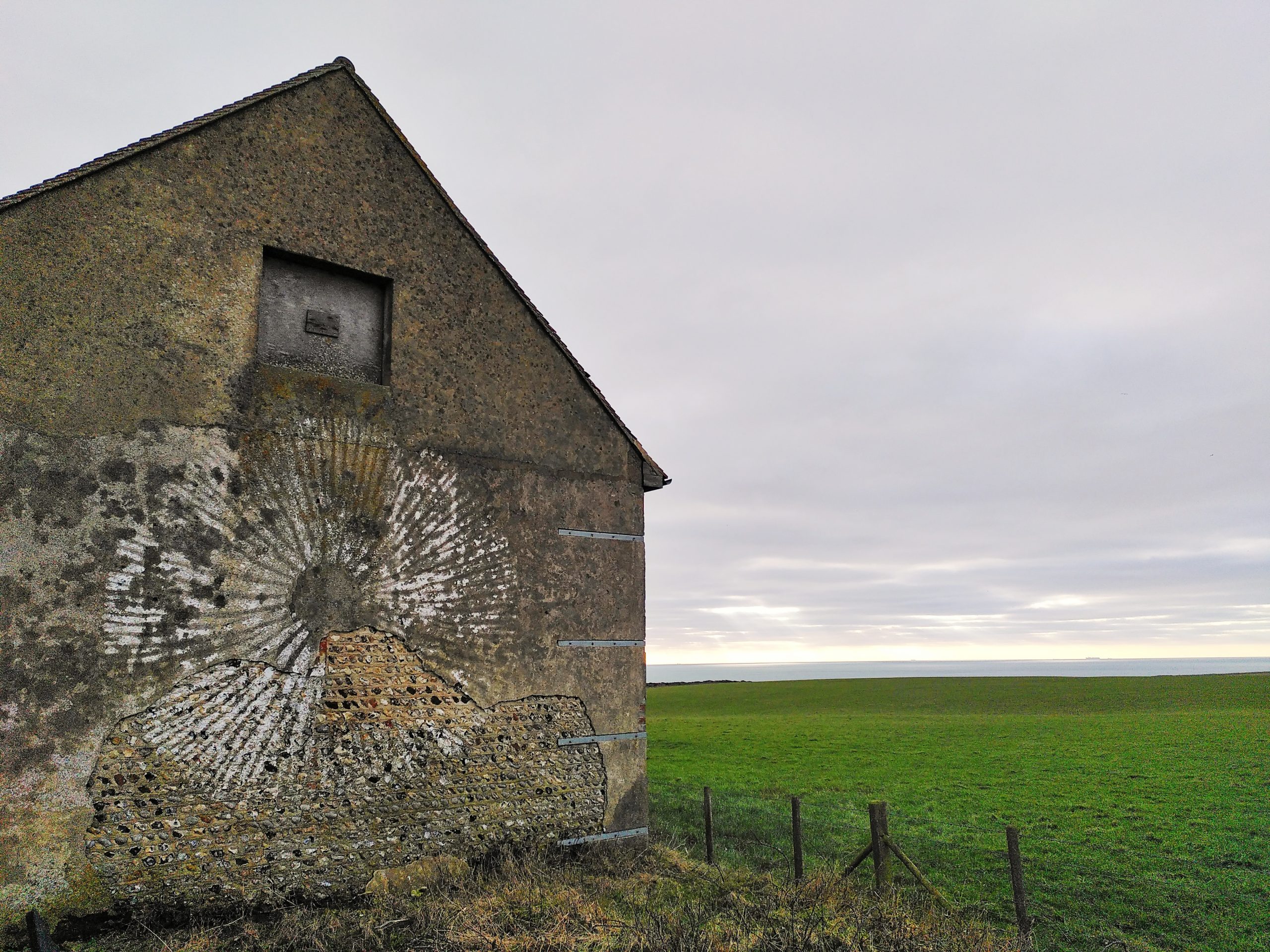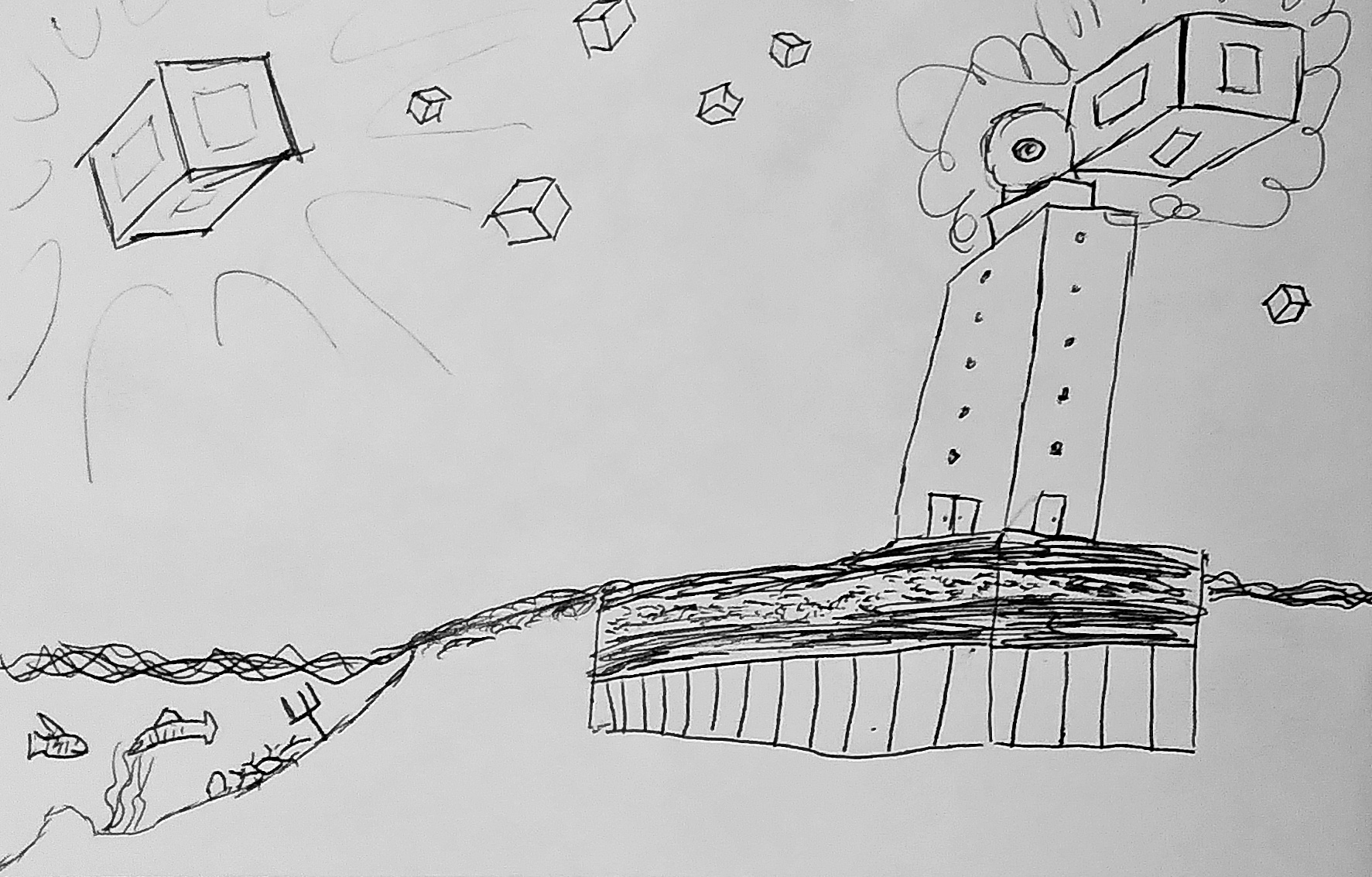It’s been a while since I wrote any weeknotes, but I’m feeling pretty positive about freelancing at the moment. I don’t know if I’ll keep this up, but I figure it’s still a good practice, even if I tend to be more private around client work these days.
Monday: Back with aplomb
A lot of enthusiasm built up over the holidays, and a itching to crack on with freelancing. No real resolutions this year, just improving my own approach to business. Opted to come into Brighton, and spent a really nice first hour with a coffee and cake, thinking through the Road Ahead. Two basic questions: 1. What would I really like from the year ahead? (A focused list, not a wishlist.) and 2. What are the current challenges?
Keywords emerging were around certainty (about work and pipline), clarity (about what I can offer and how to do things), and focus (coming out of the previous two). 2024 was knackering in various ways, and I decided I don’t need to make that the status quo.
So, 2025 – getting better at being confident, marketing myself and finding clients, aiming bigger, and riding the wave of enthusiasm I’ve been feeling since October.
Spent a little time translating the plans into electronic version, including setting up a “map” to help structure all my thoughts, including work offered, and blog post subjects. Tending to organise into various areas of Software Health (such as code structure, security, carbon footprint etc), and then dividing these up by project lifetime (inception and needs gathering, design, build, maintenance, etc).
Tuesday, Wednesday: Spreadsheets and snow
Largely getting my head back into some work from before Christmas, auditing a somewhat creaky codebase and getting a decently documented overview of the differences between many branches. Part of auditing work is getting familiar with it, and that often means going back over the same code repeatedly, as more and more of the project’s history clicks into place. Archaeology in action. Spent a good session thinking through remedial steps, collating tasks into stages with dependencies, and estimating rough time for each. Bosh. Nice.
There was snow in Brighton on Wednesday. I left early to minimise the risk of not-making-it-home. Sadly Seaford seems to be the least snowy place in all England.
Thursday: Loose ends and soup
Went back to client with a summary of work done, and the clarity and thoroughness look to be paying off.
Also tried to continue some “daily business development” by jotting down a few blog post ideas into the map matrix above. Also finalised and published content changes to the Groundlake website to reflect my divergence from just greentech into software health more generally. 2025 is all about small, incremental, agile changes.
Replied to someone asking about career advice in the ethical data space, was nice to be asked and thinking about whether to offer to mentor more young people going forwards.
Exploded my soup in the microwave, but only a little.
Shared my game console power usage data sheet which garnered some interest, so updated it a little.
The kerfuffle around the WordPress sustainability team being disbanded was a frustrating non-surprise. I’m heavily thinking about coming up with a framework to assess tech stacks based on social factors such as ownership and policy, as well as on the usuals like security status. Good side project for 2025, I think.
Friday: Backups and chores
Had a few life chores to attend to so a disrupted day, productivity-wise. I did some digging into a failing backup for a client, and managed to set up an rclone connection to my pCloud account though, so I can start targeting some local folders for better off-site backups. I’ll need to run some batches overnight to catch up, as uploads tend to max out the home network. Maybe it’s time to consider fibre…?
Misc
Reading:
I’ve been making more of an attempt to read longer articles on my Kindle this year. Recent highlights have been:
Playing:
- Been really enjoying The Case of the Golden Idol over Christmas, via Waydroid on the SteamDeck and Netflix’s access to the game. Main story done, moving on to the bonus chapters now.
- Digging into the backlog by picking out In Other Waters. There’s a nice ambience to it so far, but I got slightly confused, missed a useful bit, and think I’m stuck now so will probably restart it. Seems a shame to have to do so, but I guess I’ll only lose an hour’s worth of play, and it looks intriguing enough to give a second chance.
Phew! Writing stuff down makes me realise how much I’ve done sometimes – that’s a reward in itself. Here’s hoping I carry on next week.


